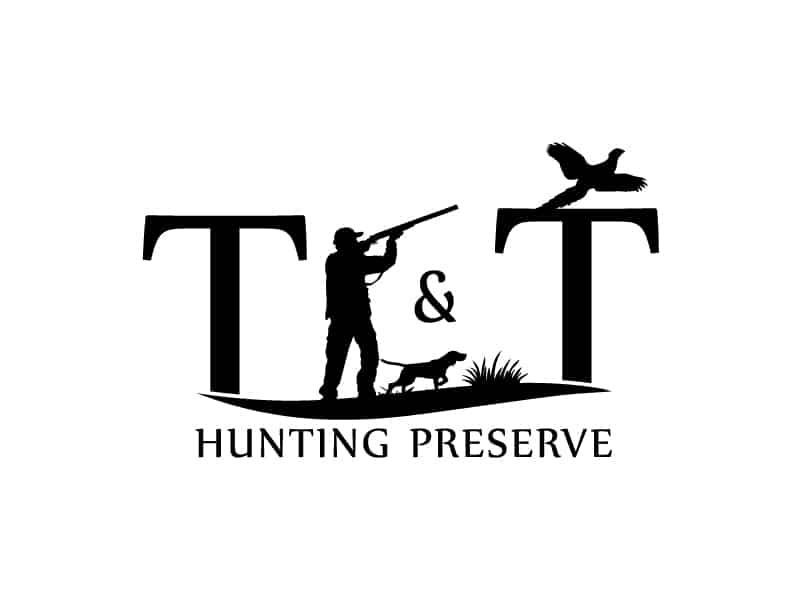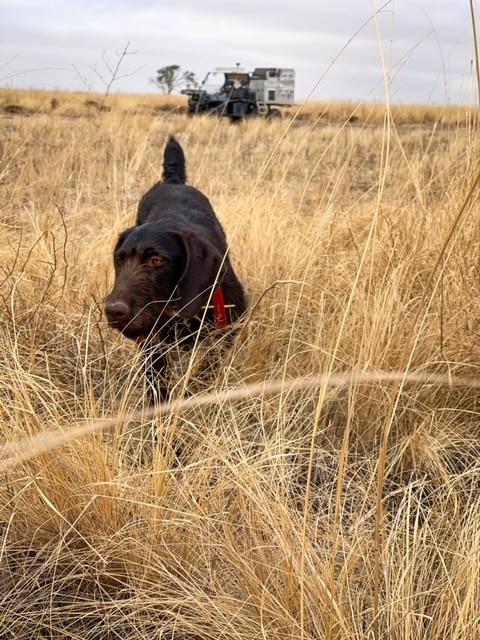The bond between a hunter and their dog is a special one, built on trust, teamwork, and a shared passion for the hunt. A well-trained hunting dog is an invaluable asset in the field, enhancing your success and safety while adding immeasurable enjoyment to the experience. At T&T Game Birds, serving the Lubbock area and beyond, we understand the dedication it takes to mold a capable hunting companion. That’s why we’ve compiled expert tips and techniques to guide you through the rewarding journey of training your bird dog.
Laying the Foundation: Early Obedience is Key
Before you even think about pointing, retrieving, or flushing, a solid foundation of basic obedience is crucial. Just like building a house, you need a strong base for everything else to stand upon. Start early, ideally as a puppy, with these fundamental commands:
- Come: A reliable recall is paramount for your dog’s safety and control in the field. Use positive reinforcement and make it the most rewarding command.
- Sit: Essential for control and marking birds. Practice in various environments with increasing distractions.
- Stay: Teaches patience and steadiness, vital for flushing and retrieving scenarios. Gradually increase the duration and distance.
- Heel: Ensures your dog walks politely by your side, preventing them from ranging too far or interfering with the hunt.
- Kennel: Training your dog to enter their kennel willingly is important for transport and providing a safe space.
Introducing Birds: The Spark of Instinct
Once basic obedience is established, it’s time to ignite your dog’s natural hunting instincts. This is where quality game birds play a vital role. At T&T Game Birds, we offer a variety of healthy and flight-conditioned birds perfect for training:
- Quail: A great starting point due to their size and flight characteristics.
- Pheasant: Introduce a more challenging bird with stronger flight and scent.
- Chukar: Offers a different scent and flushing behavior.
Techniques for Bird Introduction:
- Scent Introduction: Start by letting your dog get familiar with the scent of the birds. Use feathers or scent drags in a controlled environment.
- Controlled Encounters: Use clipped-wing birds or planted birds in a safe area. Allow your dog to point or flush naturally, rewarding enthusiasm and proper behavior.
- Positive Reinforcement: Keep these early encounters positive and exciting. Use praise, treats, and affection to build a positive association with birds.
- Avoid Pressure: Don’t force your dog or create negative experiences during these initial introductions. Let their natural instincts guide them.
Developing Essential Hunting Skills:
With a solid foundation and bird interest established, you can start honing specific hunting skills:
- Pointing/Setting: For pointing breeds, focus on developing a steady and stylish point. Use planted birds and gradually increase the distance and duration of the point. Introduce distractions slowly.
- Flushing: For flushing breeds, encourage a controlled and energetic flush on command. Teach them to work within gun range and avoid bumping birds prematurely.
- Retrieving: Introduce retrieving with soft bumpers or training dummies before moving to birds. Focus on a soft mouth and a direct return. Gradually introduce different terrain and water retrieves.
- Steadiness: This is crucial for both pointing and flushing breeds. Teach your dog to remain steady to wing and shot, preventing them from breaking before the command.
Advanced Training Techniques:
As your dog progresses, you can incorporate more advanced techniques:
- Handling: Teach your dog to respond to hand signals and whistles for directional control in the field.
- Blind Retrieves: Train your dog to retrieve birds they haven’t seen fall, relying on your direction.
- Water Work: Introduce water retrieves gradually, starting with shallow water and positive reinforcement.
- Working Cover: Expose your dog to different types of cover they’ll encounter while hunting, teaching them to navigate it effectively.
The Importance of Consistency and Patience:
Training a hunting dog is a marathon, not a sprint. Consistency, patience, and positive reinforcement are key throughout the entire process. Keep training sessions short, fun, and rewarding. End on a positive note, and don’t get discouraged by setbacks. Every dog learns at their own pace.
T&T Game Birds: Your Partner in Developing a Top-Notch Hunting Dog
At T&T Game Birds, we’re passionate about helping hunters develop exceptional canine partners. Our high-quality game birds provide the realistic training scenarios necessary to unleash your dog’s full potential. Whether you’re just starting with a puppy or fine-tuning the skills of an experienced dog, our birds can help you achieve your training goals.
Contact T&T Game Birds today to learn more about our selection of training birds and how we can support your journey to a successful hunting season with a well-trained companion!

